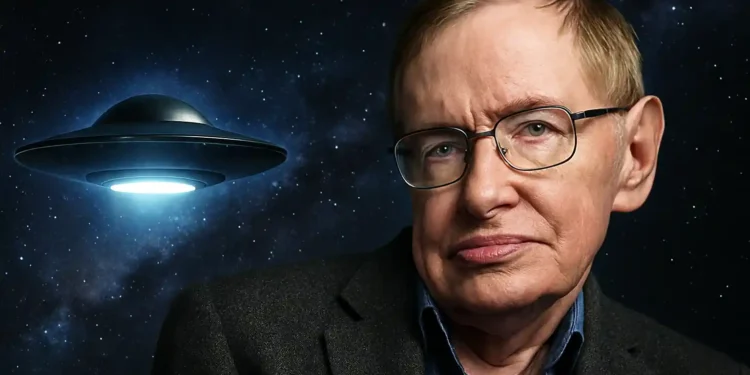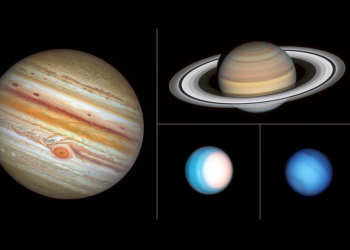In Brief Answers to the Big Questions, Stephen Hawking said God does not exist, but his vision for the future was rooted in curiosity, not despair. He dismissed superstition, but never wonder. From artificial intelligence to alien life, his message was clear: the future is ours to shape — if we stay curious and pay attention.
The book features Hawking’s answers to ten of the most common — and most difficult — questions he was asked throughout his life. Rather than hedge or speculate, he gave clear, sometimes provocative answers rooted in decades of scientific thinking.
Stephen Hawking’s 10 biggest questions — and his final answers
Is there a God?
There is no God. No one directs the universe.
How did it all begin?
In a hot Big Bang.
What is inside a black hole?
Falling into a black hole is definitely bad news. If it were a stellar-mass black hole, you would be made into spaghetti before reaching the horizon.
Can we predict the future?
No and yes. In principle, the laws allow us to predict the future, but in practice it is too difficult.
Is time travel possible?
Travel back in time can’t be ruled out according to our present understanding.
Will we survive on Earth?
The present world order has a future, but it will be a very different one.
Is there other intelligent life in the universe?
There are forms of intelligent life out there. We need to be wary of answering back until we have developed a bit further.
Should we colonize space?
I expect that within the next hundred years, we will be able to travel anywhere in the Solar System.
Will artificial intelligence outsmart us?
A super-intelligent AI will be extremely good at accomplishing goals — and if those goals aren’t aligned with ours, we’re in trouble.
How do we shape the future?
Remember to look up at the stars and not down at your feet.
A final warning — and a call to wonder
In Brief Answers to the Big Questions, Stephen Hawking said God doesn’t exist, but his vision for the future was anything but bleak. He didn’t argue against wonder — only superstition. “No one created the universe, and no one directs our fate,” he wrote. “This makes me realize that there is probably no heaven or afterlife. I think belief in the afterlife is just wishful thinking.”
Yet even as he dismissed myths, he encouraged hope, ambition, and above all — curiosity. His warning about advanced alien life wasn’t fear-based, but practical: civilizations older than ours might not have our best interests in mind. And on artificial intelligence, he believed its power was real — and potentially dangerous — if humanity lost control of it.
Ultimately, Hawking believed we are at a turning point. Whether it’s genetics, AI, climate, or space, we are shaping the future right now. And while his answers were often stark, his closing message wasn’t: “Look up at the stars and not down at your feet.”











